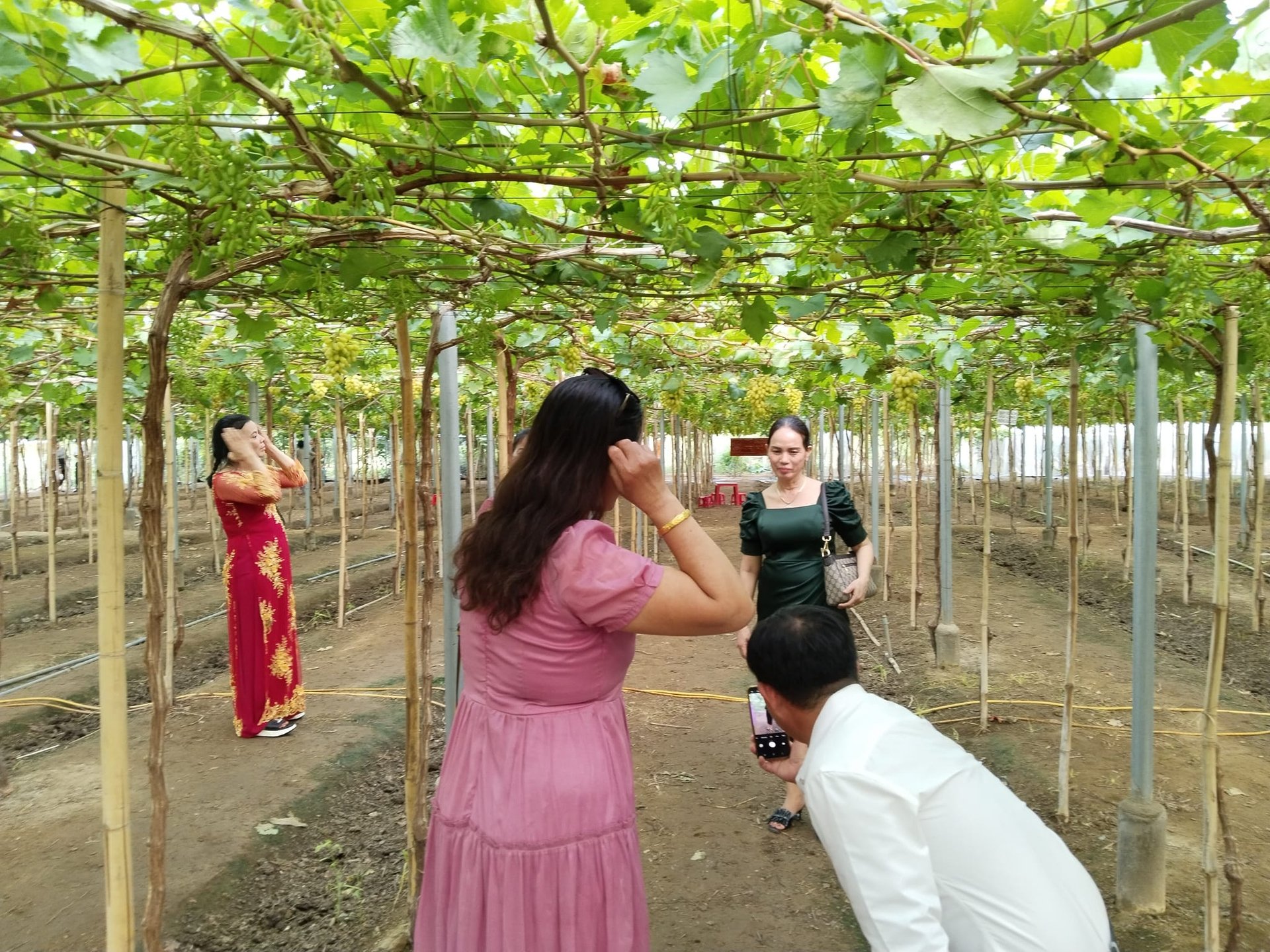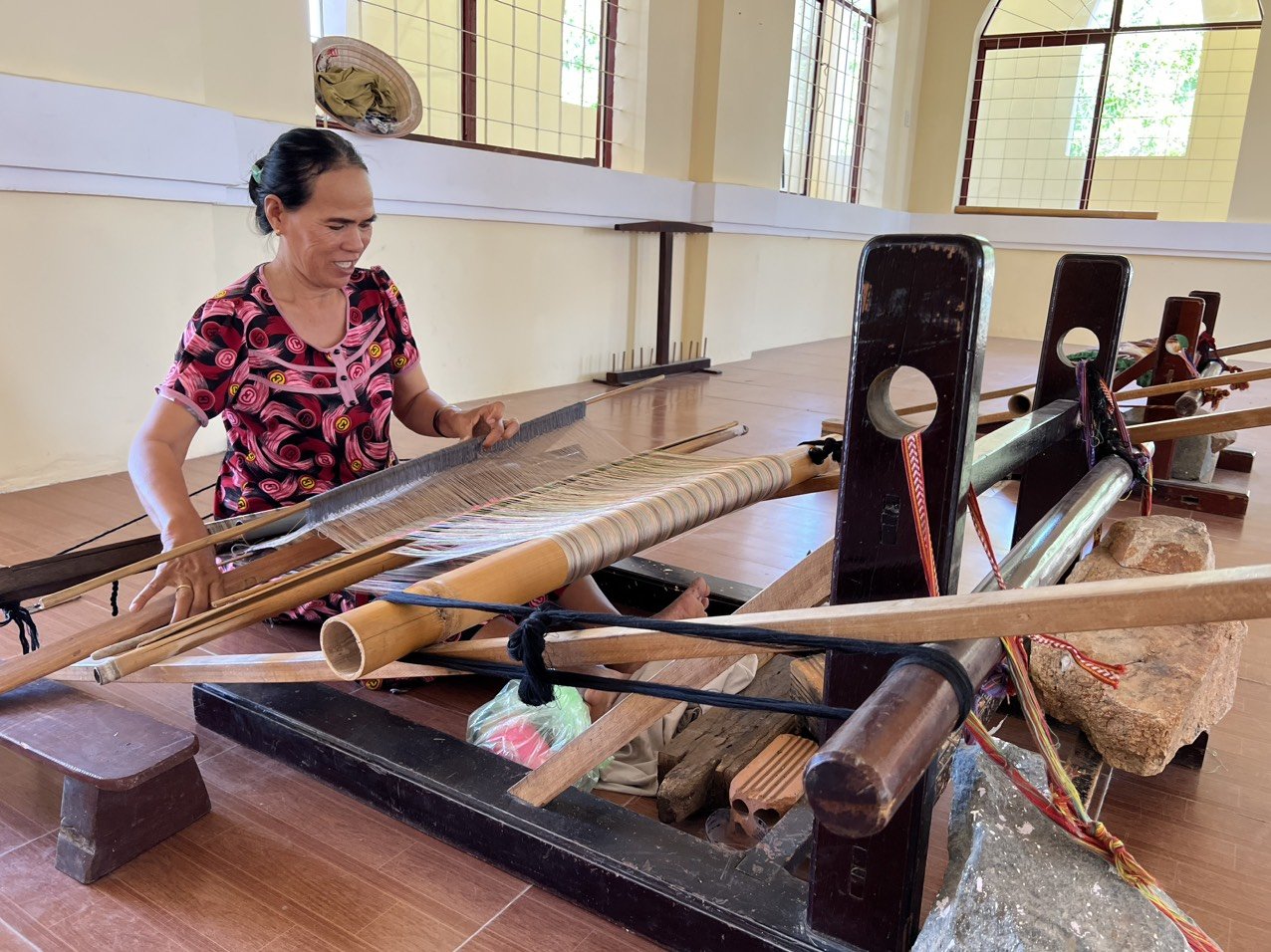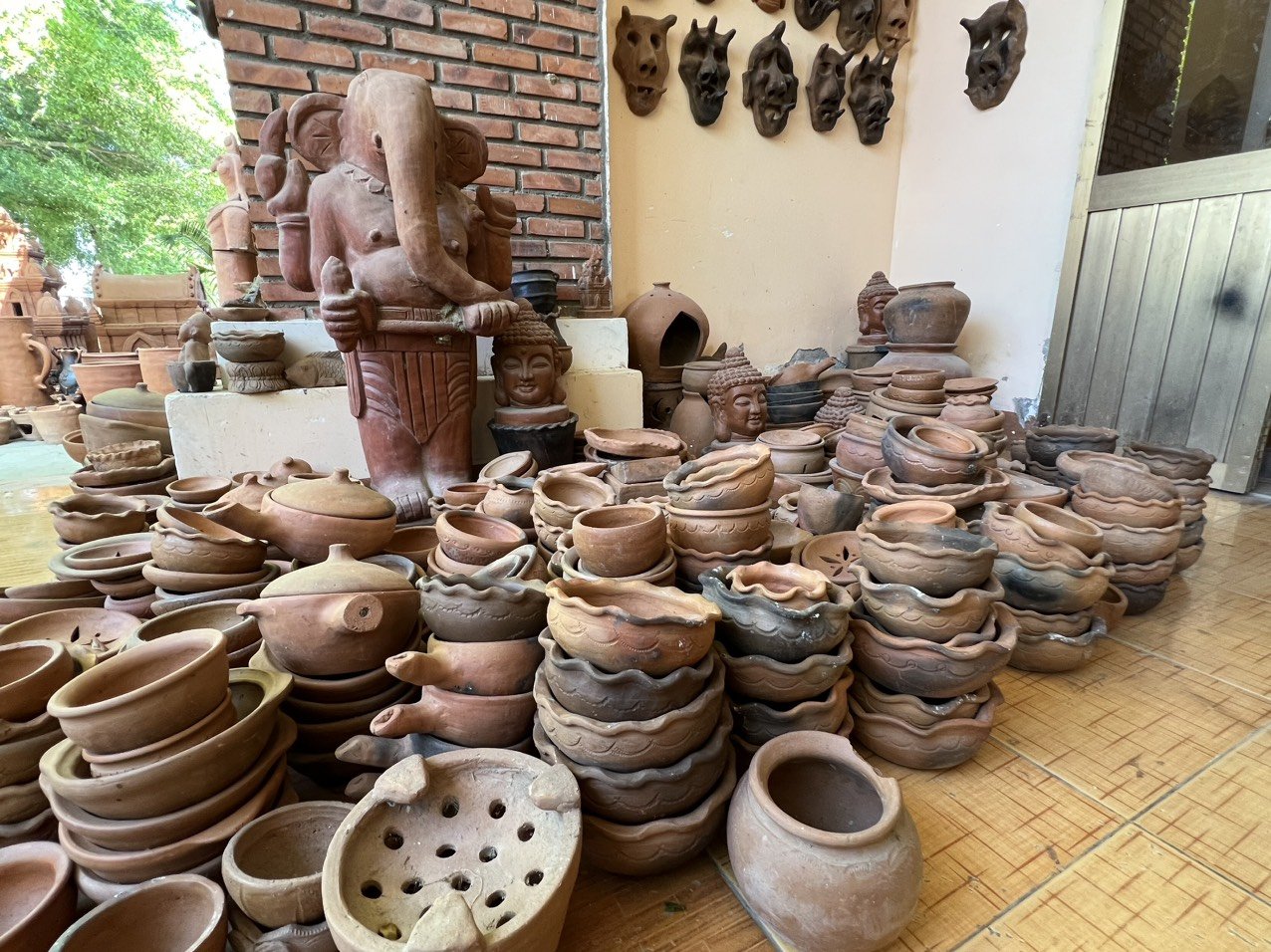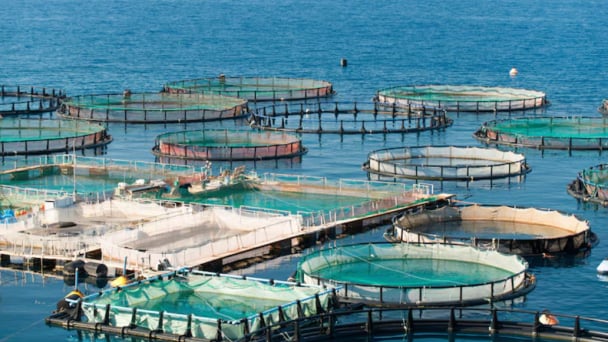June 4, 2025 | 02:56 GMT +7
June 4, 2025 | 02:56 GMT +7
Hotline: 0913.378.918
June 4, 2025 | 02:56 GMT +7
Hotline: 0913.378.918
Rural tourism development in combination with new rural construction is one of Ninh Thuan's political missions, which play an important role in the global integration journey of Vietnam.

Visiting and touring vineyards is one of Ninh Thuan's special experiences. Photo: PV.
However, the progress of rural tourism development in Ninh Thuan is limited compared to the potential and advantages of the province. With the goal of promoting linkages and developing effective agricultural and rural tourism value chains, Ninh Thuan has issued numerous resolutions and policies on rural tourism development in combination with new rural construction throughout the province.
Ninh Thuan is currently developing multiple types of tourism, including sea tourism, spiritual tourism, community-based tourism, and eco-tourism. Accordingly, community-based tourism and eco-tourism are developed in coordination with new rural development.
Namely, Bac Ai district features an eco-tourism village belonging to Bo Lang ethnic group located in Phuoc Binh National Park; Hanh Lac village features a Raglai Ethnic Village located in Phuoc Binh National Park. Additionally, Ninh Phuoc district features Bau Truc ancient pottery village and My Nghiep brocade weaving village; Ninh Hai district features Vinh Hy village tourism, Cau Gay village tourism, and Thai An vineyard tourism in Vinh Hai commune.
Rural tourism in Ninh Thuan province has generated a significant source of income for households in rural and mountainous villages over the past ten years. In addition, it promoted the local tourism industry as well as contributing to the overall socio-economic development.
Ninh Thuan province is famous for historical sites belonging to the Kinh, Cham, and Raglai ethnic people. The province regularly holds traditional festivals that are imbued with cultural identity. The climate in Ninh Thuan is characterized by low levels of rain and high volumes of sunlight, which enable high-yielding livestock crops to become local specialties such as grapes, apples, garlic, goats, green asparagus, aloe vera, and so on.

My Nghiep brocade weaving village attracts tourists from around the world. Photo: PV.
The aforementioned specialty production areas are developed in combination with diverse landscapes and ecosystems such as Phuoc Binh and Nui Chua National Parks. The 105-kilometer coast of Ninh Thuan province features famous beautiful beaches such as Ninh Chu - Binh Son, Ca Na, Vinh Hy, Binh Tien, Thung, Hom, Mui Dinh, and Nam Cuong.
Vinh Hy Bay is ranked as one of the eight most beautiful bays in Vietnam. Nui Chua National Park is one of the eleven world biosphere certified by UNESCO in 2021. These are the core factors that contribute to creating a distinctive brand and promoting the development of general tourism and more specifically, rural community-based tourism and eco-tourism.
The local government of Ninh Thuan Province aims to utilize these potentials to develop rural tourism in combination with new rural construction according to the province's policy. However, there are currently problems with its implementation.
According to Mr. Dang Kim Cuong, Director of Ninh Thuan Province's Department of Agriculture and Rural Development, the number of workers participating in rural tourism in the province is relatively limited. Rural tourism organization is spontaneous and disorderly. Additionally, the products of local rural tourism bear no identity or attractiveness.
However, the most significant obstacle is the conversion of land use planning from agricultural land. In addition, despite the focus on the environmental landscape in several rural areas, the issues of environmental sanitation, water, and air pollution are rampant, affecting the province's ability to attract tourists.

Bau Truc ancient pottery village welcomes tourists and visitors on a daily basis. Photo: PV.
According to Mr. Dang Kim Cuong, Ninh Thuan must invest in enhancing its infrastructure, transportation systems, electricity, water, and communication networks throughout the province. Furthermore, the province needs to focus on regions with the potential to develop rural tourism in compliance with the ongoing national target program on new rural construction.
On the other hand, Ninh Thuan should enhance the attractiveness of rural tourist sites and areas by fully utilizing local advantages to increase production value and income for farmers. As a result, a system of diverse destinations will be established to meet the needs of domestic and foreign visitors. Moreover, the province needs to focus on tour guide services that help visitors experience the agricultural production process as a tourism product.
Investment in homestays in rural tourist destinations must be promoted to meet the needs of tourists. Additionally, on-site training and tour guide training should be organized in areas with rural tourist sites.
Mr. Dang Kim Cuong proposed Ninh Thuan to focus developing the administrative system of cultural and sports institutions at the grassroots level. Furthermore, investment resources from the State budget and social resources will mobilized to promote cultural institutions rural tourism in association with new rural construction.
Translated by Nguyen Hai Long

(VAN) Technology is redrawing the map of Vietnamese aquaculture: more modern, greener, and more sustainable.

(VAN) Novel process harnesses machine learning to reveal groups of genes that determine how efficiently plants use nitrogen.

(VAN) Several scientists and farmers are experimenting with soil treatment in some key durian-growing regions such as Cai Lay (Tien Giang), Dak Song, Gia Nghia, and Dak R’lap (Dak Nong).
/2025/05/25/4127-3-073637_820.jpg)
(VAN) Thanks to the promotion from an FAO-implemented project, vegetable production in greenhouses in Moc Chau has seen strong development, from 1.5 hectares in 2021 to nearly 50 hectares in 2024.

(VAN) FAO has recently supported USD 140,000 to implement the project 'Risk mitigation human-animal interface risks through disease control initiatives in pig farming.'

(VAN) The People's Committee of Tra Vinh province has approved an adjustment to the investment policy for the Green Hydrogen Plant project, increasing its area to approximately 52.76 hectares.
![Reducing emissions from rice fields: [2] Farmers’ commitment to the soil](https://t.ex-cdn.com/nongnghiepmoitruong.vn/608w/files/news/2025/05/05/dsc08881jpg-nongnghiep-140632.jpg)
(VAN) Clean rice cultivation model in Thuong Tan commune, Bac Tan Uyen district, is assisting local residents in achieving sustainable agriculture by substantially reducing costs, increasing productivity, and protecting the environment.